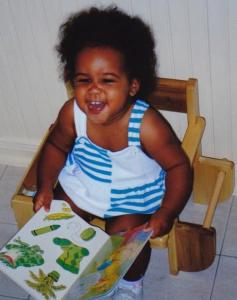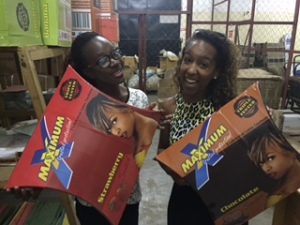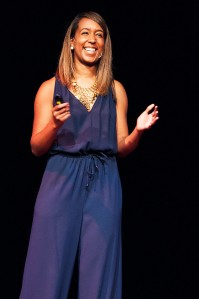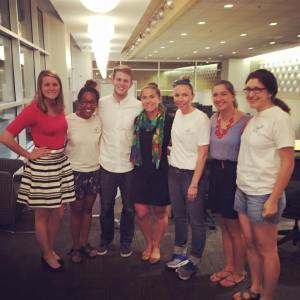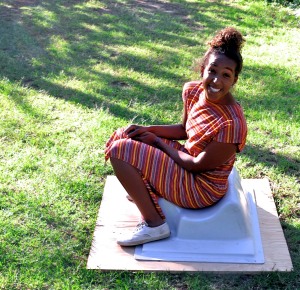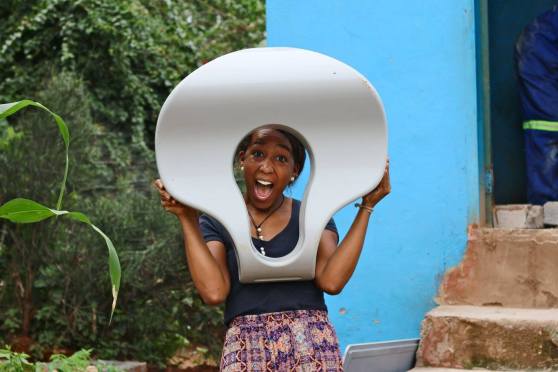
After over a year in the making, creating partnerships, raising funds, developing a strong team, and manufacturing our SafiChoo 2.0 for testing, the Wish for WASH beta pilot has FINALLY begun! Coming out of 2014, with just a foam prototype, one of my best friends and incredible teammate, Katie, and other interested people who wanted to contribute, the prospect of moving forward was daunting as I felt like there was no foreseeable light at the end of the tunnel. Consequently, coming out of 2015 following a 100% funded Indiegogo crowdfunding campaign, I was flooded with a host of emotions. I felt an overwhelming sense of social media burn out but was simultaneously filled with extreme joy to finally see that Wish for WASH, my baby, finally had the means– the funds, the product, the team and the partners— necessary to get a beta test started.
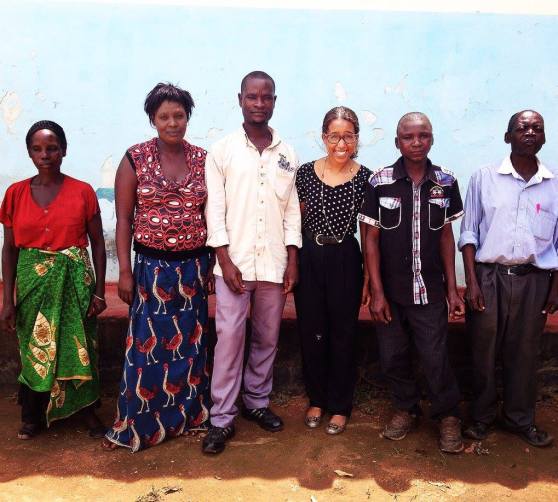
Not to say that early 2016 was a cakewalk. Despite the Indiegogo exhaustion which was paralleled with an all-encompassing excitement that enabled Wish for WASH to hit the ground running in 2016, I had to quickly learn how to navigate customs regulations, international commerce fees, and transport logistics. Once the toilet was in country, in addition to coordinating travel itineraries for the Wish for WASH team members who were willing and able to travel to start the build, I persevered each day to identify and follow up on the necessary steps to get approval for the pilot. This season of life was definitely proof to me that to be a social entrepreneur you must be willing to wear many hats, and often times, stacked on top of one another. From team visionary, to team travel agent, to team financial director, to team partnership relations developer, to team logistics officer, the past few months juxtaposed all of the skills that I have developed since the start of this Wish for WASH journey as a grand test of resilience, patience, and professionalism.
And by the grace of God, the Zambian toilet installation happened!
Our incredible on the ground partners, Water and Sanitation for the Urban Poor (WUSUP), have helped me so much in terms of navigating cultural nuances and requirements while being amazingly supportive of our intention to use iterative and rapid prototyping practices in order to gain a minimum viable product that best meets the end user’s needs. Our manufacturing and shipping partners have brought our designs to life and enabled them to get where they needed to be at rates that we could afford. Our Indiegogo backers are passionate supporters who have enabled us to finance this toilet test and it’s been awesome to see how happy people are to receive their campaign perks as tangible proof that they are a part of our story.
And lastly, my incredible Wish for WASH team has continued to amaze me. Seriously, I am so blessed by them! They have taken off time from work, used school scholarships to help support their time in Zambia, had business meetings across 3 different time zones at weird hours to work out logistics problems, graciously responded to my slew of weekly emails, and patiently worked with me in the field to install the toilet despite the crazy and random obstacles that came our way.
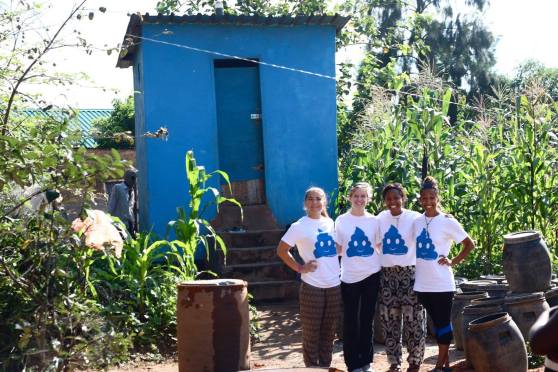
It is incredible to see an idea transform into a reality, but for me it is more than that. Despite what happens from here, I have learned to deeply appreciate the fact that the whole is always greater than the sum of its parts. As the founder of Wish for WASH, I am often the face of much of our work, but I am here to tell you that Wish for WASH is so much more than me; and for that, I am grateful. With my incredible team, partners and supporters, we created the 2.0 SafiChoo toilet, successfully fundraised for it, shipped it to Zambia (and have one also being built in Atlanta), installed it and now have amazing local people using and providing feedback on it. All I can say in retrospect is…Shit’s getting real and I couldn’t be more excited to see what happens next!
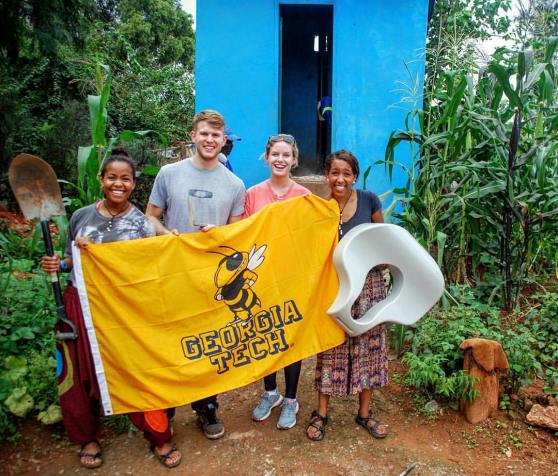
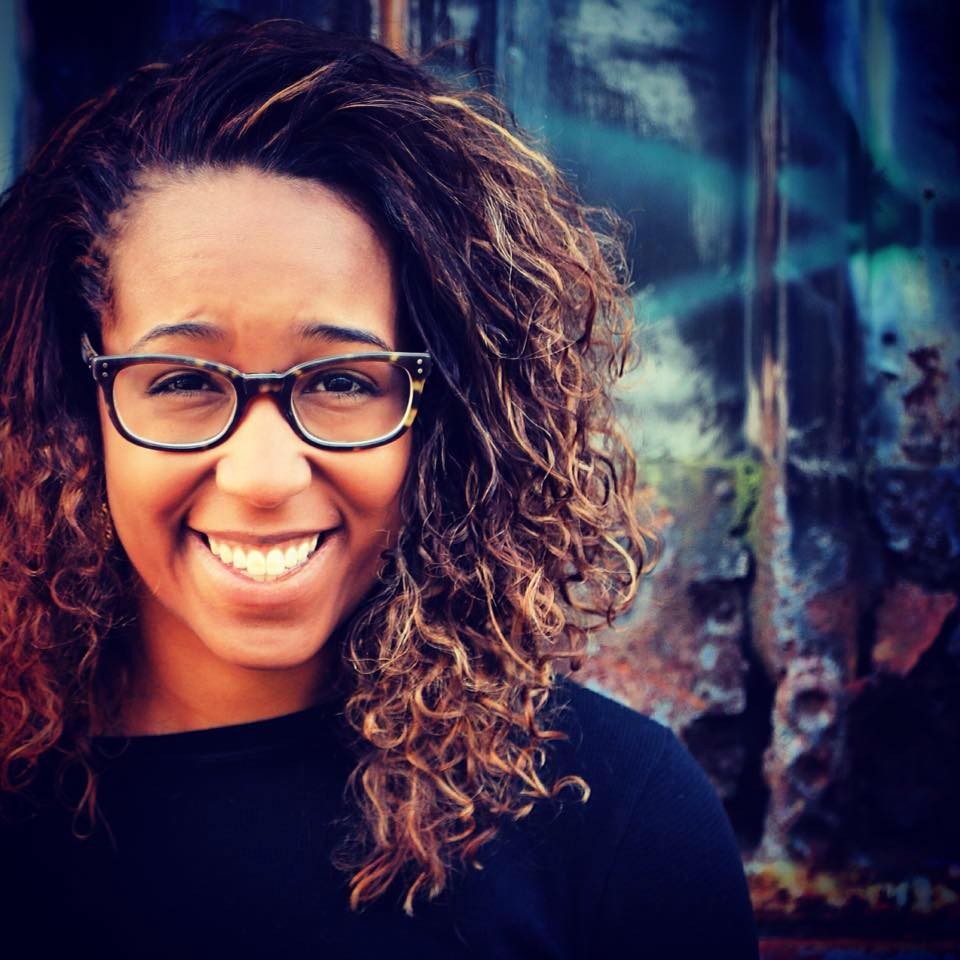








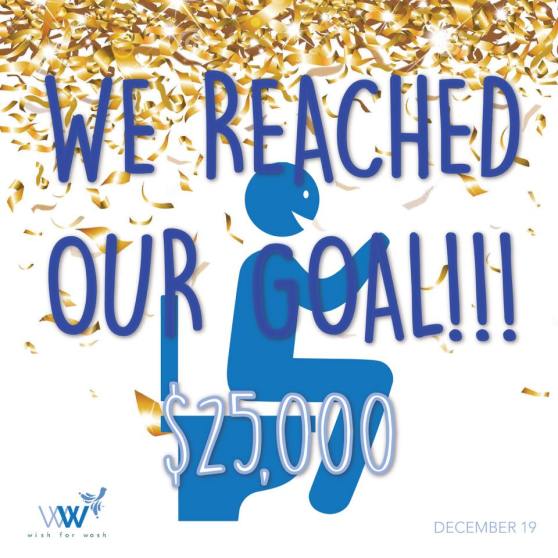






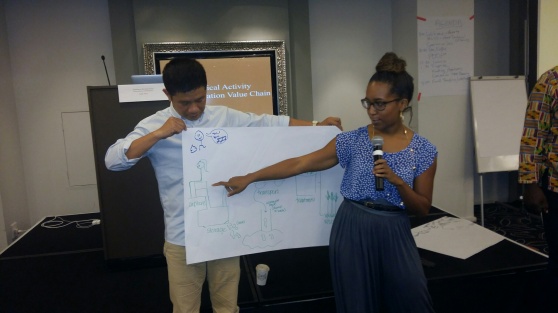







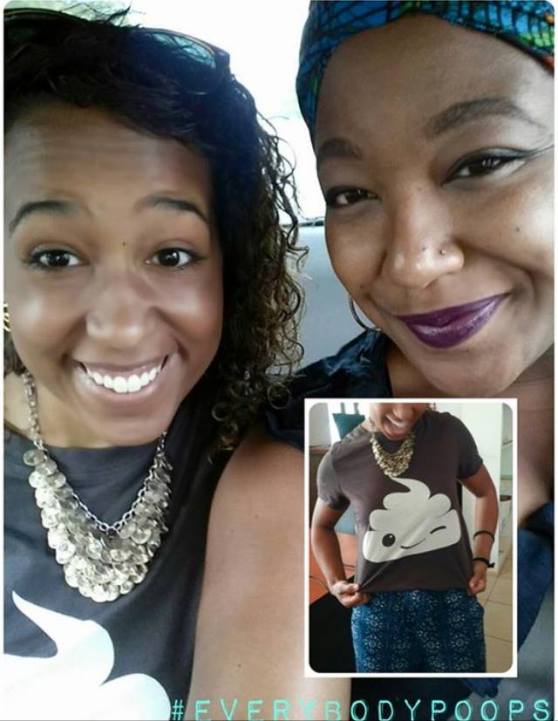


 In summer 2014, our team participated in a multi-agency pilot to assess toilet designs in a refugee camp in northern Kenya after being the first all-female team to win the
In summer 2014, our team participated in a multi-agency pilot to assess toilet designs in a refugee camp in northern Kenya after being the first all-female team to win the 










